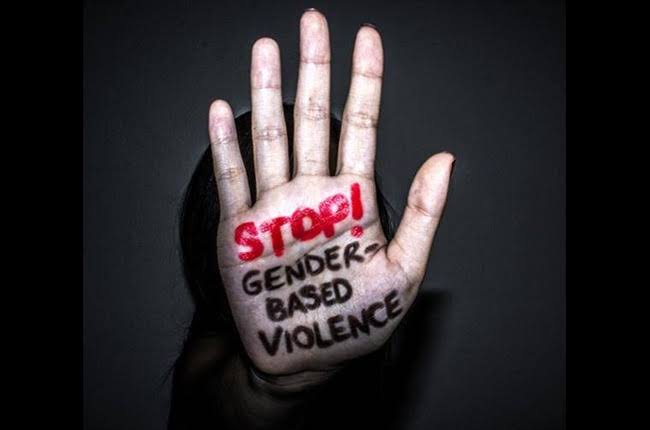TAITA TAVETA, Kenya, Sept, 20 – The fight against Gender-Based Violence (GBV) calls for bringing onboard more stakeholders and forging further partnerships both locally and internationally.
This emerged in a multi-sectoral meeting held at Mwatate, bringing together attendants from the county’s departments of Gender, and Health Services, USAID Stawisha Pwani, the national government and NASCOP among other parties.
“We cannot sit back and watch as GBV cases increase not just in Taita Taveta but across the country. What we need to do is to put more concerted to combat the problem,” said Violet Mkamburi, the county GBV Coordinator, Department of Health Services.
Mkamburi rallied the attendants to review the progress of the GBV fight and create strategies to address gaps, especially in the prevention and timely response to cases.
“Of course, we cannot overlook the far we have come, but it’s not time to relax. While we review our GBV scorecard, we should also come up with strategies on prevention and timely response to cases,” she added.
To the Department of Health Services, Mkamburi underscored the need for more clinical management to create an effective and adequate response to GBV victims.
She decried the personnel shortages in all levels of care for GBV survivors, adding, “We need elaborate clinical management systems to effectively administer care to all GBV victims promptly. That includes capacity building and recruiting more personnel to boost care and referral systems for the victims.”
The meeting also deliberated on the issues of community awareness and involvement in tackling GBV from the heart of society.
“Our efforts will be in vain if we leave out the people who matter the most in the GBV fight. Community awareness and involvement are crucial in bringing more hands, ideas and solutions to the table. Therefore, this GBV train cannot leave without the public,” said Wallace Mwaluma, County Director Gender, Sports and Social Services.
Mwaluma added that mental health and GBV are like inseparable bedfellows and society cannot claim to tackle one at the exclusion of the other. He urged stakeholders to come up with integrated prevention, care, and treatment programs for survivors of GBV, who most often show symptoms of mental problems.
“GBV and mental health are inseparable. More often than not, and experts can confirm this, GBV victims suffer from trauma. We ought to come up with integrated programs for the prevention, care, and treatment of this duality of problems. This is the point where counselors and psychologists come in handy,” said Mwaluma.
On its part, the national government represented by Charity Bahati, County Director of Gender, emphasized the role of individuals, families, communities, institutions, and the country as a whole in the fight against GBV, if there was hope to ever defeat the vice.
“The commitment of everyone at individual, family, community, institution and national level in the fight against GBV, has never been more critical than now if we still have hope to stem the vice from our midst,” said Bahati.
The meeting also underscored the importance of information and real-time reporting of GBV cases. Budgetary allocations and the establishment of rescue and safe recovery spaces in counties were also discussed as part of the way forward.
“Information and real-time reporting bear a lot of weight in our success. We call for more and better utilization of the Kenya Health Information Systems (KHIS) to improve the pace and efficiency of reporting cases. Not forgetting the need for more budgetary allocations, establishing safe rescue and recovery spaces for GBV survivors at the county level,” added the Director.
Want to send us a story? Contact Shahidi News Tel: +254115512797 (Mobile & WhatsApp)


